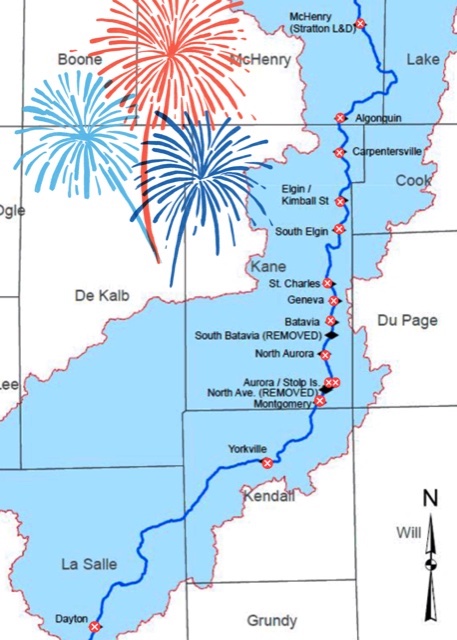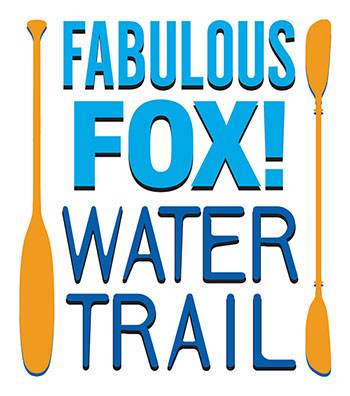I just returned from my annual faculty position at the Washington Youth Summit on the Environment. 300+ selected high school students convene for a week of personal and professional growth while exploring careers and understanding how environmental protection works. Students see that every day in Washington D.C., members of the public exercise our freedom to lobby for their cause. Congressional visits are encouraged. This is how our system of representation was designed. It is up to us to use it. Freedom is not free.
As we celebrate the independence of our nation, we find various ways to symbolically let freedom ring. Parades, fireworks, festivals, flag waving, and other community events are common. Freedom often comes with a price to earn and maintain it. Sometimes it results from a revolution, the maintenance of which comes from exercising the democratic process. This takes a community approach, with the election of representatives to manage the public sector.
Governing a Community
One cost comes from financing the services provided by a community. A small community may be a household, which has contributors and expenses and some type of governing body. There are those, often parents, that make policies and enforce rules and regulations. This can be expanded to community organizations like service clubs, faith groups, schools, and businesses who also have leaders, financial supporters, and guidelines. From there the governing bodies are various forms of elected and appointed officials. If you own property or earn wages, you are a contributor through taxes. And you should have a voice in their appropriation.
Taxes
On a local level, most tax-based revenue is invested in public education. At the state level investment includes public education and human services. On a federal level, the largest portion goes to the Department of Defense. Unfortunately, relatively little is allocated for environmental protection at the federal level. However, the Fox River is a recent the benefactor of federal support through the Army Corps of Engineers.
Supreme Rule
In late May, a ruling was made that will significantly impact all of us. A 5 to 4 vote by the U.S. Supreme Court followed a 15-year litigation that began as a construction stoppage by the Environmental Protection Agency on a private property lake in Idaho for not having a permit for impacting a protected wetland. In this interpretation of the Clean Water Act, the court ruled in favor of the property owner. This decision will significantly influence the future of wetlands that are non-contiguous to a navigable waterway by removing their protection. What is disturbing is that a decision about federal policy was not made by our elected legislatures, but by nine individual Supreme Court judges that were appointed by past presidents. This decision will impact wildlife habitat, water quality protection, and flood mitigation that will be crucial as the climate warms. Five unelected people changed the 51-year-old Clean Water Act’s protection of wetlands. This will certainly favor the interests of mining, lumber manufacturing, and developers. Freedom in this case is certainly not threat-free from special interests.
Freeing the Fox
Restoring most of the Fox River to its natural free-flowing condition will require the removal of many dams. Although the dams no longer provide the intended services such as hydropower and a source of ice which they were constructed for, they remain with few exceptions. They all are a human safety liability and are a very significant source of habitat destruction and water quality degradation. The cost of freedom here is being shared by governments. Some communities like Aurora have already budgeted a portion of the removal expenses in anticipation of state and federal level assistance. Luckily, several in our government have arrived to ensure the freedom of the river. The Illinois Department of Natural Resources (IDNR) has been funding removals for several years. Last year, U.S. Senator Dick Durbin presented a check in Elgin to fund the final stage of a United States Army Corps of Engineers (ACOE) connectivity study, which will recommend and fund the removal of local Fox River dams at a 65% level. In this case, our watershed is fortunate to have state and federal attention and their financial support. However, it is up to each local community to accept the support.
Local Freedom Riding
Dams pose the single and most significant challenge to restoring the Fox River. Now is the time to fight for the freedom of the Fox River. We have the opportunity to accept state and federal assistance in restoring the health and accessibility to our Fox River in the form of technical and financial support. Elgin, South Elgin, St. Charles, Geneva, Batavia, North Aurora, Aurora, and Montgomery have dams. The decision to remove them will be made in their local council chambers. It is our civic responsibility to guide and support our local elected officials to accept assistance for the sake of preserving local funds and more importantly the Fox River. The dams also pose the most significant barrier to paddlers who will be coming to our river now that it has received federal status as a National Water Trail. Seeing this as a major economic opportunity, Kane County alone has invested over $1,000,000.
Free the Fox
Friends of the Fox River has been battling for dam removal for over thirty years. We are now looking at a victory, but we need your help. The Fox River is our river and our federal contributions will help free the waters. Be an advocate for restoring the river through dam removals. Share your dam removal interest with your friends, family, colleagues and especially our elected officials in the river towns with existing dams. Let your voice be as loud as the fireworks to give our river its freedom back.
k
Visit Friends of the Fox River or the Fox River Study Group for more information.







